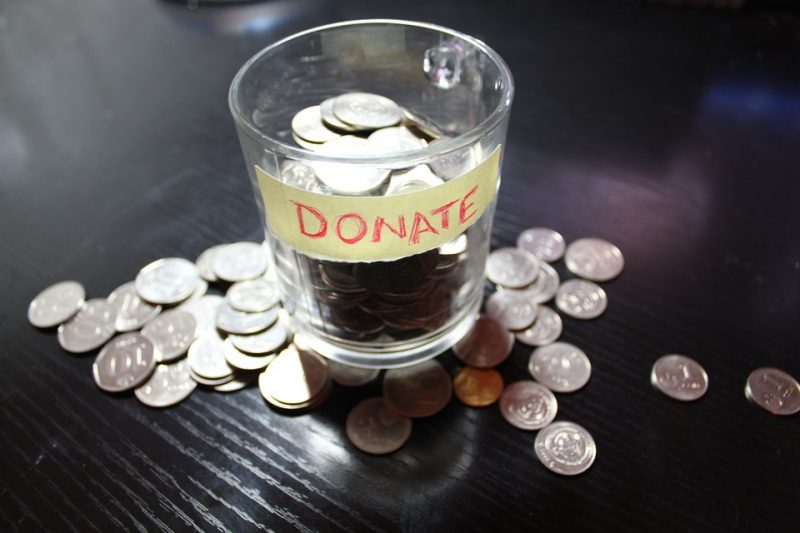Across the globe, countries are promoting the act of giving to charity for all kinds of purposes. But where exactly does Indonesia stand among other generous nations that are committed to helping others?
They say that ‘sharing is giving’. For many people around the world, such a phrase has often been used as a reminder that we as humans must learn to practice the act of giving back. It looks like the people of Indonesia are also moving forward with this humanitarian approach.
Indonesia has reportedly seen progress in the giving trend from time to time, according to the World Giving Index (WGI). The global survey, which is hosted by Charities Aim Foundation, looks to monitor the level of generosity in countries around the world. The notion of generosity itself is measured by three kinds of simple actions, which include donating money to a charity, giving time to an organization and helping a stranger. As a result, the study not only reveals countries that are the most altruistic, but also allows people to understand the significance of such behaviour.
Though Indonesia has never made it to the top of WGI’s chart, it has continued to climb higher in the rankings over the past few years. In 2010, the nation did not make it into the top 50 countries, coming in 60th on the list with only 38 percent of overall generosity. This was the year when developed countries secured the top positions; Australia came in first, with New Zealand, Ireland, Canada and Switzerland following.
Indonesia once rose to number 17 with improved overall generosity of 44 percent. The report suggested that the country was also among the top ten nations with people who gave money and helped strangers the most. Given the fact that Indonesia was and still remains a developing economy, its leap to the top 20 on the WGI can be seen as a positive revelation.
Despite falling to number 22 in 2015, Indonesia continued to show an increase in overall generosity – with 46 percent that year – while also retaining its spot among the top ten highest ranked countries with people who gave their time and money.
Last year, the nation went to WGI’s top ten for the first time, ranking number seven with overall generosity of 56 percent.
Indonesia’s rise on the WGI list in 2016 was greatly motivated by the holy month of Ramadhan, which took place around the same period when the research was gathered in August. As a country with the largest Muslim population, Indonesia is understandably close to the culture of giving back, which is a crucial element of the Islamic faith. The term zakat is known to be the third compulsory pillar of the religion, whereby all Muslims are obliged to give away a 2.5 percentage of their yearly income to help others. Yet the act of giving back in Islam is not merely an obligation. More importantly, it is believed to be a responsibility for its people to be aware of their surroundings and respond to those who are in need.
Apart from religious beliefs, some of us may still wonder why giving to charity is commonly practiced all around the globe. As it turns out, the value of charitable giving remains integral for many people because it inherently gives meaning to their actions. For the past couple of years, experts have argued that people who give back tend to be both happier and healthier compared to others. These researchers began to explore the connection between happiness and altruism and the results suggest that charitable giving proves to be an effective recipe for people to achieve their self-actualization.
And in case you are wondering what giving back does to your health, scientists have also revealed that givers are more likely to have lower blood pressure. So aside from noticing the growth in charitable behaviour across the globe, it is also worth noting that giving back might just be key to a person’s wellbeing.




